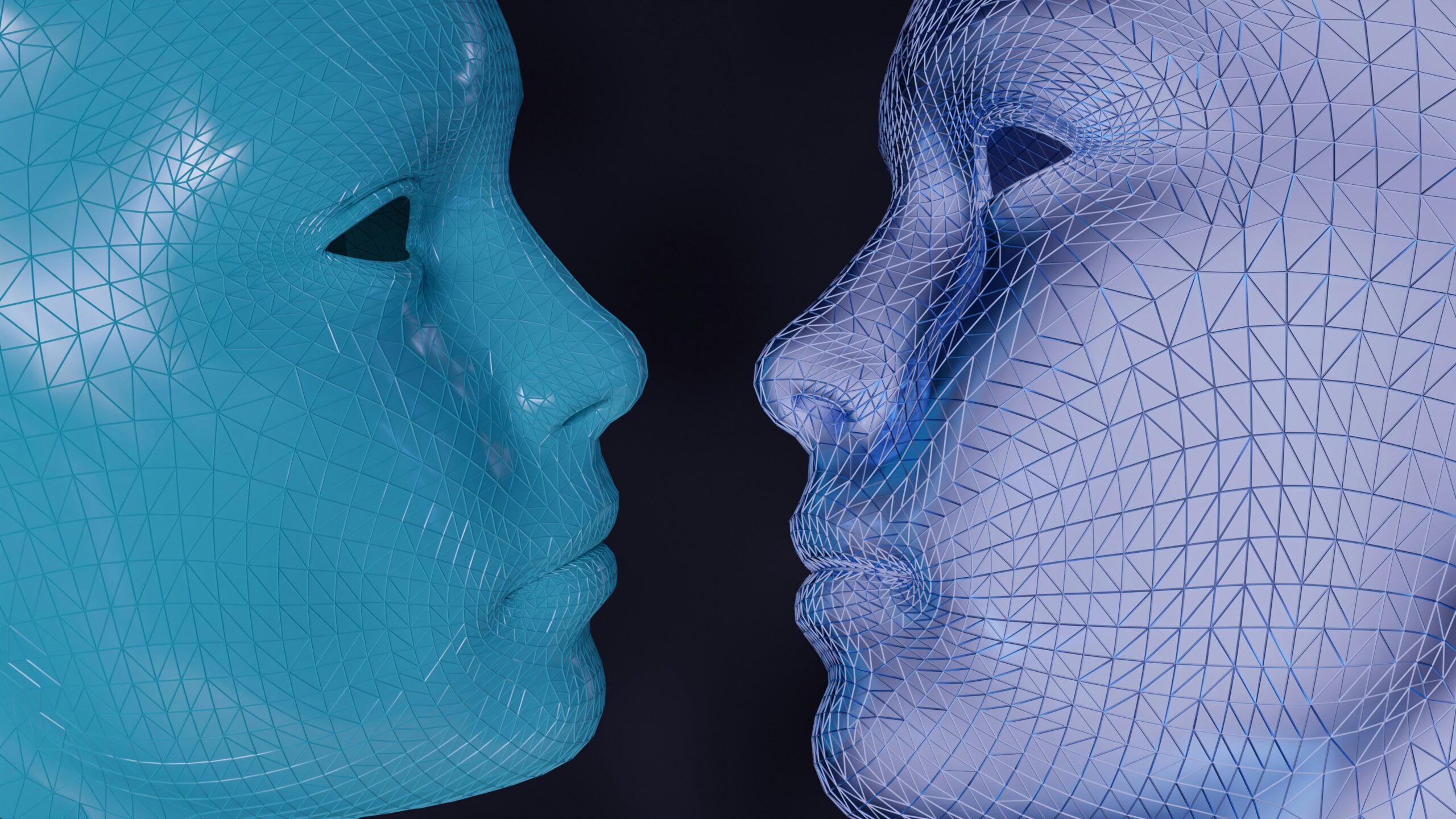
Is AI Essential for Career Success?
As we step deeper into 2025, one thing is certain: AI is no longer a buzzword—it’s the driving force behind the transformation of industries, workplaces, and professional roles. What was once a tool for automating simple tasks has now become a strategic asset that enables innovation, efficiency, and competitive advantage. And yet, as Arvind Krishna, CEO of IBM, rightly said, “AI won’t replace people—but workers who use AI will replace those who don’t.” This statement holds powerful truth, especially for senior executives and high-level professionals who must recognize that AI isn’t just a luxury but a necessity for staying relevant in the rapidly evolving market.
For those in leadership positions, the imperative is clear: integrating AI into your organization is not a matter of keeping up with technology—it’s about setting the stage for future success. The question isn’t if AI will impact your career, but how soon you embrace its potential. The workers who leverage AI will define the next generation of business leaders, while those who fail to do so risk falling behind.

AI won’t replace people—but workers who use AI will replace those who don’t.

Strategic Catalyst for Human Potential
The true value of AI isn’t in replacing human capabilities but in amplifying them. While AI can process vast datasets and automate routine tasks, it’s human intellect, creativity, and strategic thinking that will continue to lead the charge in innovation. For executives and professionals, the key lies in harnessing Artificial Intelligence to make smarter, faster decisions, and driving creativity in ways that were previously unimaginable.
Take, for instance, the strategic decision-making process. AI’s ability to analyse large-scale data and predict outcomes allows leaders to make informed decisions with greater accuracy and speed. This is crucial in sectors like finance, healthcare, and energy, where AI-driven tools can provide real-time insights that keep organizations ahead of trends and regulatory changes. Think of BlackRock’s Aladdin, an AI-powered platform that helps asset managers sift through massive amounts of financial data, identify market shifts, optimize portfolios, and mitigate risks. For C-suite executives navigating today’s complex business landscape, this kind of technology is no longer optional—it’s essential.
AI is also a game-changer in terms of innovation and creativity. In industries like R&D, consulting, and tech, AI doesn’t just enhance operations; it accelerates the innovation cycle. By automating the analysis of complex data, AI frees up teams to focus on translating their findings into actionable insights and breakthrough solutions. For example, DeepMind’s AlphaFold has revolutionized biotech by predicting protein folding, a challenge that has eluded scientists for years. AI doesn’t just support human work; it makes previously impossible achievements possible.
But what about human-centric problem-solving? AI is an incredible tool for simulating scenarios, optimizing processes, and providing insights that human intelligence alone might miss. However, the final decisions and strategic direction will always require human input—a nuanced understanding of ethics, context, and long-term consequences. Take sustainability efforts, for example. Google’s AI systems are helping manage energy consumption in data centres, achieving a 30% reduction in energy use. It’s a testament to how AI, when paired with visionary leadership, can drive significant business transformation.
Evolution of Roles
As AI continues to evolve, so too will the roles within our organizations. What was once a task-oriented workforce will now become a more outcome-driven workforce—and this shift requires a new kind of professional. Senior executives and high-level professionals must understand that AI adoption isn’t about replacing jobs; it’s about reshaping them to unlock new levels of productivity and innovation.
One of the most important aspects of this evolution is the rise of hybrid expertise. Future professionals will need to blend technical knowledge with domain-specific expertise. For example, a data scientist working in healthcare needs to understand not just the technicalities of AI but also the intricacies of patient care. As AI adoption increases, the demand for these hybrid roles will surge across industries. According to Deloitte, professionals with both domain knowledge and technical proficiency in AI will be better positioned to add value and remain competitive in a marketplace that’s rapidly evolving.
But the key to thriving in this new AI-driven world is not just about technical skills—it’s about fostering a culture of continuous learning. As AI technology evolves at an unprecedented rate, senior leaders must ensure their teams are constantly upskilling to stay ahead of the curve. Failure to adapt is not an option. According to the World Economic Forum’s Future of Jobs Report, by 2025, over 50% of employees will require reskilling due to AI integration across industries. The message is clear: organizations that invest in upskilling their workforce will not only survive but thrive.
Additionally, AI is redefining the structure of the workforce. With automation taking over repetitive tasks, businesses now have the opportunity to adopt more flexible, agile work models. For senior executives, this shift is particularly important. AI is enabling remote work and flexible schedules, creating a work environment that prioritizes both productivity and work-life balance. Microsoft’s AI-powered systems, for example, are enabling seamless collaboration across global teams, helping businesses embrace a hybrid work model that’s more adaptable and resilient than ever before.
Driving Business Transformation
AI is not just a tactical tool—it’s a strategic enabler that can transform how businesses operate, innovate, and compete. For executives aiming to lead in the future, embedding AI into the fabric of your organization’s strategy will be essential. The challenge lies in identifying how AI can give you a competitive edge and then embedding it across your operations, customer experiences, and innovation processes.
By integrating AI, organizations can gain significant advantages. Whether it’s improving operational efficiency, optimizing customer experiences, or driving new product innovations, AI is a competitive differentiator. Look no further than Tesla, a company that has disrupted the automotive industry by embedding AI into self-driving cars and its manufacturing processes. Tesla is a prime example of how AI can completely transform an industry by enabling groundbreaking innovation and a new business model.
Ethical Considerations
As AI’s role in the workforce grows, its ethical implications become more pronounced. Senior leaders must not only embrace AI but ensure it is used responsibly, with fairness, transparency, and accountability. Ethical AI is not just a buzzword; it’s a strategic priority. Leaders need to be proactive in ensuring that AI systems are free from bias and promote inclusivity, diversity, and fairness. IBM’s AI Fairness 360 toolkit is a perfect example of how businesses can implement ethical practices and mitigate biases in their AI algorithms.
In the end, AI will continue to be the defining force in reshaping the future of work. However, the key to success isn’t just about adopting AI—it’s about using it to enhance human potential, foster innovation, and create a fairer, more inclusive workforce. Those who successfully integrate AI into their organizations will not only lead the way in business but will define the future of work itself.
For professionals, this is the perfect time to sharpen your skills, stay ahead of trends, and position yourself for success in an industry that’s about to grow even faster. As AI continues to revolutionize the way we work, the ability to combine domain expertise with technical AI proficiency will set you apart in a competitive marketplace.
For companies, it’s a prime opportunity to secure the best talent in a rapidly evolving global landscape. The future of work is here, and those who adapt to AI’s transformative potential will lead the charge.
If your company is hiring in Web3, register your vacancy with RecruitBlock today. Let us connect you with the world-class talent that will drive your growth and help shape the future of decentralised finance and blockchain technologies.
Check out our latest article: The Web3 Talent Race: How to Secure Top Web3 Hires in 2025.
Disclaimer: The content on this site does not constitute investment advice. NFA.
TAGS & SOURCES: Deloitte, Business Insider, Brookings Institution, IBM AI Ethics, Stanford University, World Economic Forum, Tesla AI, Amazon AI, Google AI, DeepMind AlphaFold
Image Credits: Shutterstock, Steve Johnson on Unsplash